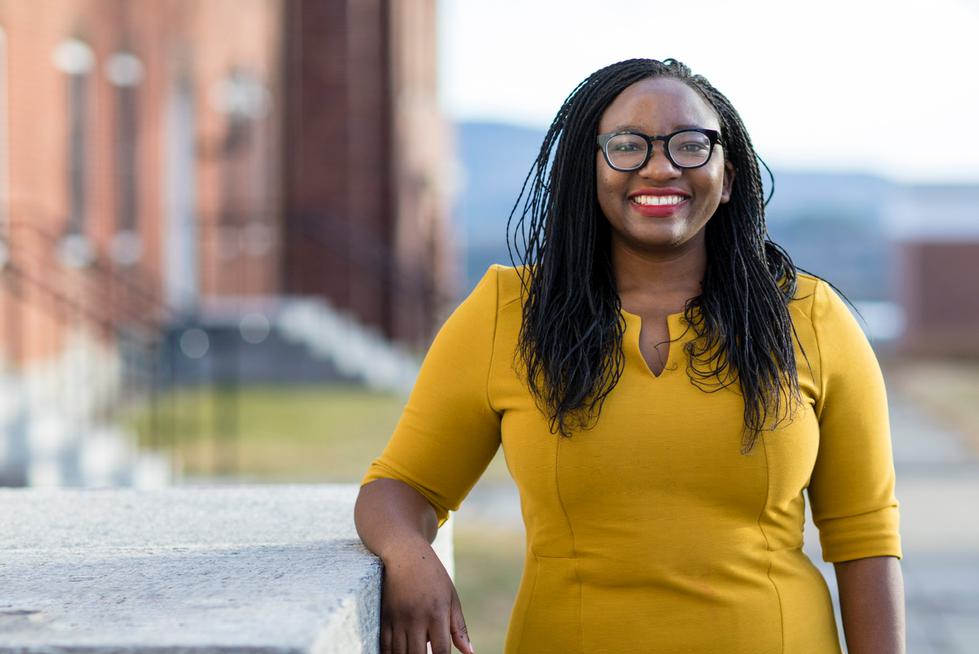-

When voters leave
CategoriesPublished:Africana studies professor Chipo Dendere studies the impact of migration and death on elections.

Africana studies professor Chipo Dendere studies the impact of migration and death on elections.